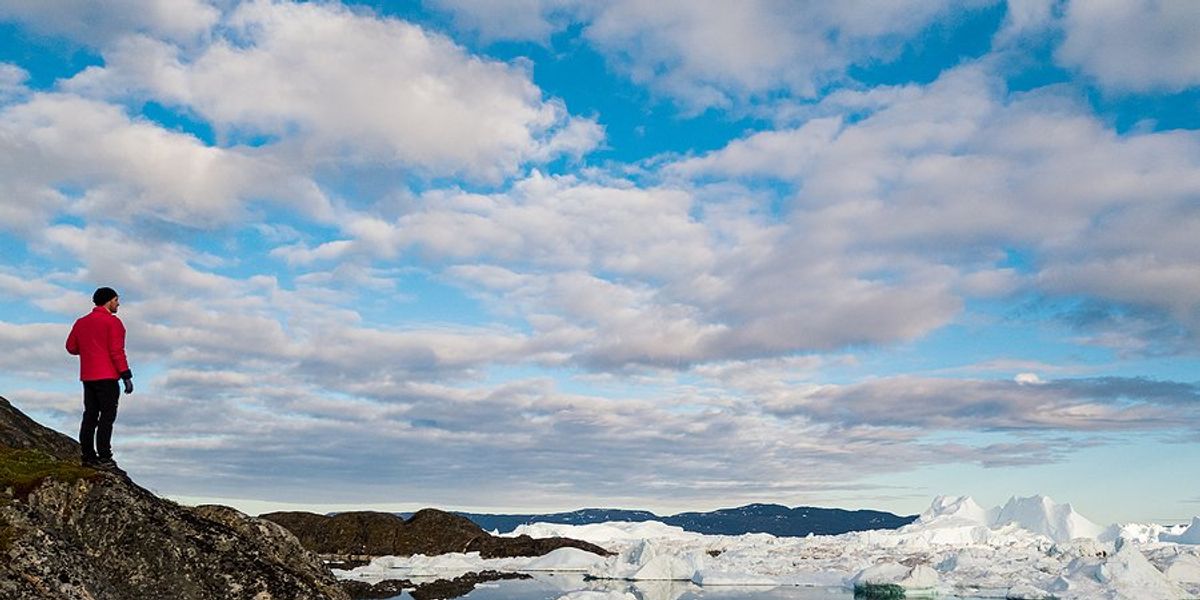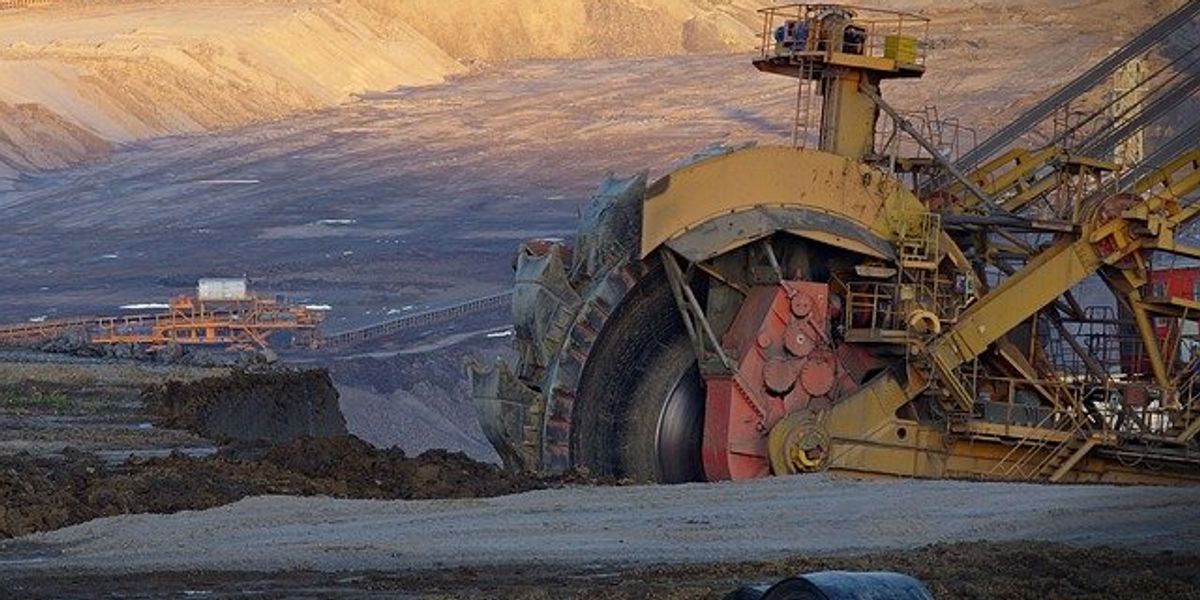
Venezuela's last glacier disappears, marking an environmental milestone
Venezuela has lost its final glacier, La Corona, making it the first country in the Andes without any glaciers, amid rising concerns over global warming effects.
Ana Vanessa Herrero and Matthew Hay Brown report for The Washington Post.
In short:
- La Corona's size shrank dramatically from more than 1,100 acres to less than five, leading scientists to declare its end as a glacier.
- Despite government attempts to preserve it using geothermal covers, experts deemed such interventions unfeasible and potentially harmful.
- The loss marks a significant shift in Venezuela's ecological and cultural landscape, previously home to multiple glaciers.
Key quote:
"Our tropical glaciers are disappearing quickly since the Seventies. Now people are feeling the absence."
— Alejandra Melfo, astrophysicist at the University of the Andes
Why this matters:
The loss of La Corona extends beyond symbolic significance; it is sounding a dire alarm for both ecological balance and water resource management. Glaciers, often referred to as nature’s reservoirs, slowly release water into rivers and lakes, supporting both human activities and the natural ecosystems throughout the year. Their disappearance can lead to water shortages that affect millions, complicating efforts to grow crops, generate hydroelectric power, and maintain natural habitats.













